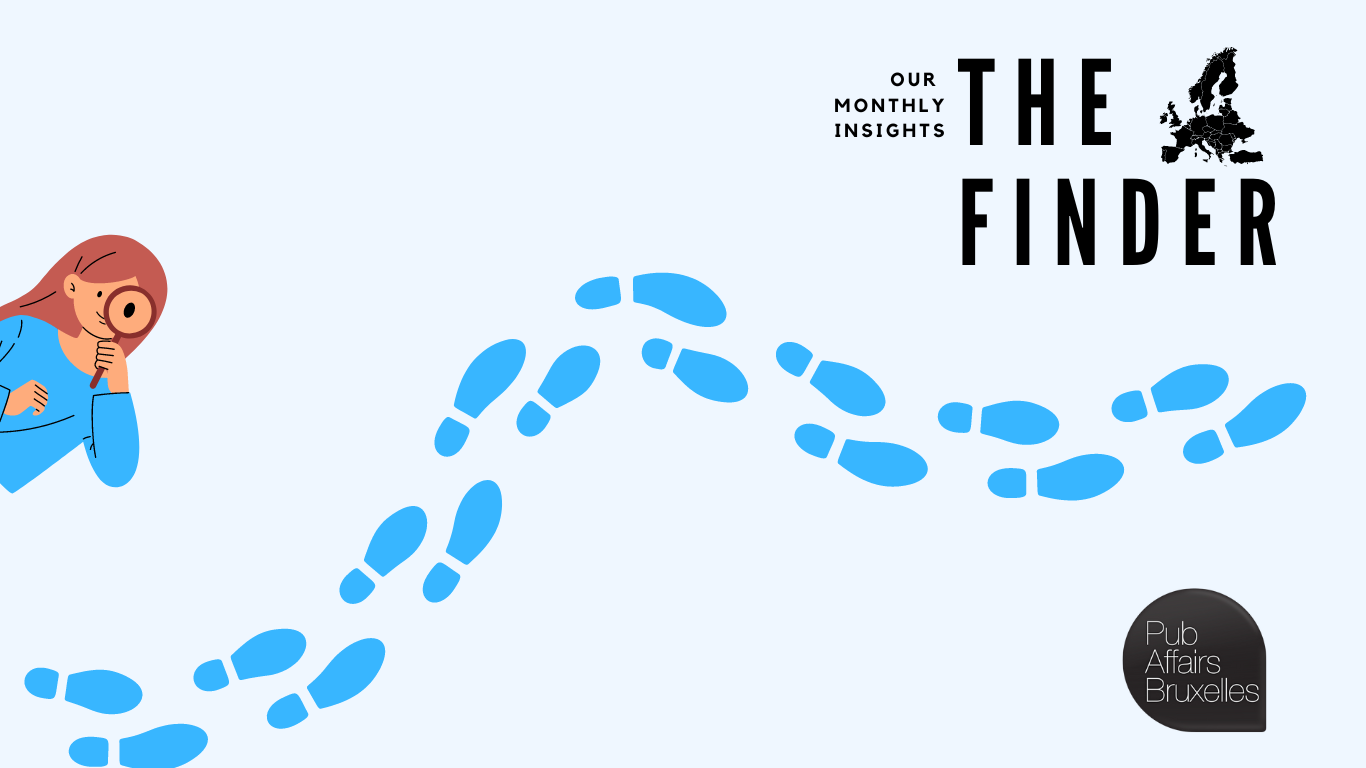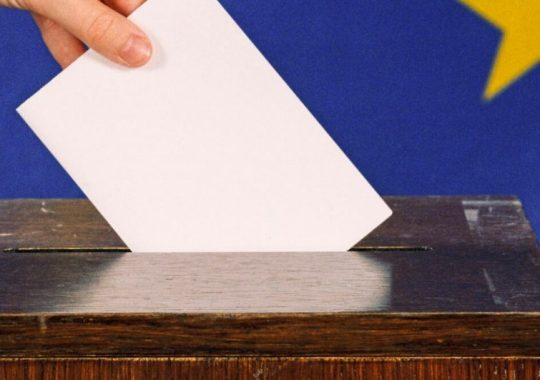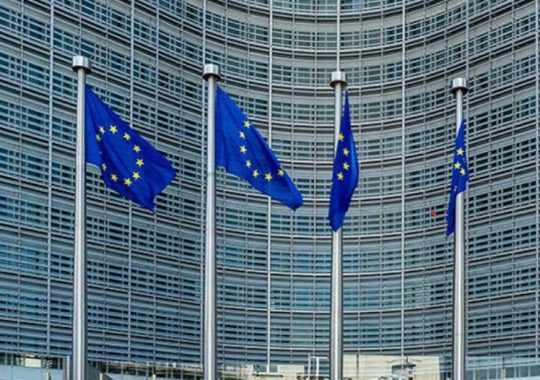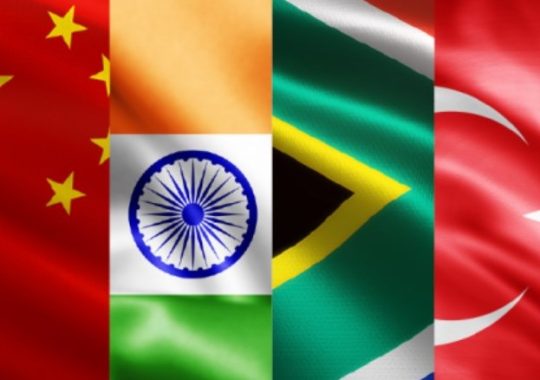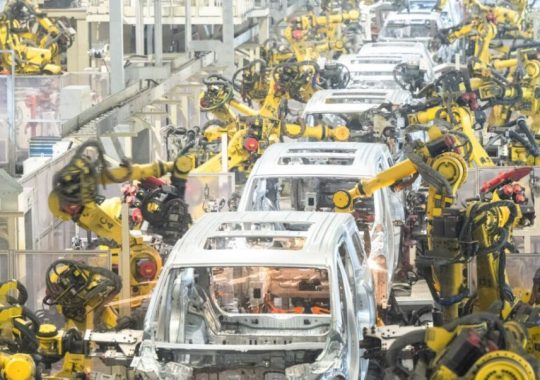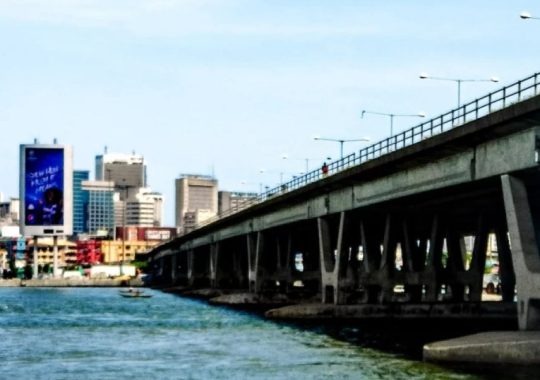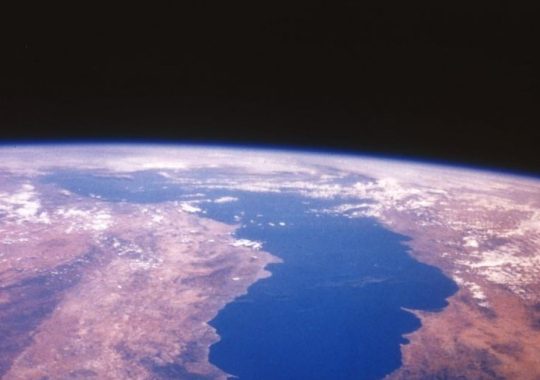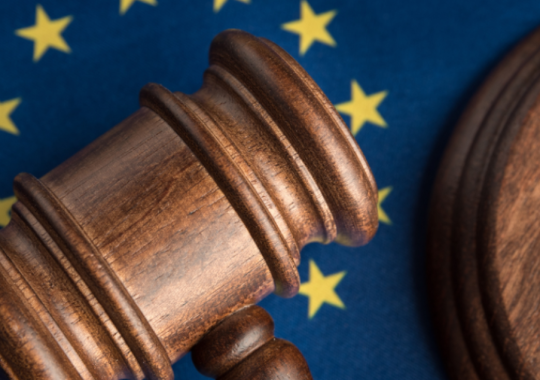As soon as the European elections results confirmed what the vast majority of pools had anticipated, namely that right and far-right parties are on the rise or remain relevant almost everywhere in Europe – the discussions and the negotiations on the political and institutional set up for the next term began and reached an agreement at the 27th and 28th Summit. As also forecasted by several sources ahead of the ballot, the so-called “grand coalition”, formed by the centre-right European People’s Party (EPP), the centre-left Socialists and Democrats (S&D) and the liberal Renew Europe groups, has, technically, the numbers to secure a parliamentary majority and confirm the three names on the table for the EU top jobs, namely, Ursula von der Leyen as President of the European Commission, Antonio Costa as President of the European Council and Kaja Kallas as High Representative (HR) for Foreign Affairs and Security Policy. According to several sources, the support of the Greens is still conditional to an invitation to the grand coalition and/or a solid reassurance on climate-related policy. Against this backdrop, a “different ruling majority” in the EU Parliament should not manifest.
However, this setting does not automatically imply neither that Ursula von der Leyen and Kaja Kallas secure the approval of the Parliament (contrarily to Antonio Costa), nor that the gains of the right-winged parties will not affect the EU institutional and political set-up and, as a result, its policymaking. Indeed, as noted by an Euronews article, the trio [and the parliamentary majority which should back the designated candidates] has been put together not only based on their proven political credentials but also as a consequence of “a lack of credible alternatives who could act as Plan B”. In addition, as often EU political divides do not only go along the lines of national interests, but also among and within political groups, without strict political group voting discipline and/or the support of the Greens, both a second von der Leyen mandate and the confirmation of Kaja Kallas cannot be given for granted. Indeed, wider political considerations and a degree of negotiation will play a major role in identifying the whole College of Commissioners, as well as in setting the strategic agenda for the next legislative term. Furthermore, the debate emerging ahead of the snap elections in France and the so-called “Macron’s gamble” is a good example of how complicated it might be to align a collective European interest with both the EU-wide consolidation of right-winged parties and EU member states’ political evolutions, which are notably one of the drivers of the European Council’s work.
Before the European political groups and EU member states were in the process of designating the candidates for the EU top jobs, media and think tanks alike were in the process of analysing and identifying both the most important questions to address as well as the European Union’s strength and weaknesses in the current continental and international context.
As far as the European elections are concerned, aware of the need to harmonise EU rules and in line with the spirit of the Letta and the upcoming Draghi report, before the ballot, a CEPS Policy Brief pointed out the elections’ low profile for EU citizens, attributing it to an inconsistent electoral framework and their perceived insignificance. The brief suggested tackling these issues in two stages: immediately after the elections, EU institutions should respect the results and avoid power struggles. Whereas, for the following institutional cycle, the authors suggested EU member states to focus on harmonising EU electoral laws by emphasising the importance of introducing transnational lists, enhancing the visibility of European political parties and revising the lead candidate (Spitzenkandidat) procedure.
On a different but adjacent note, in a Project Syndicate Commentary, Carl Bildt stated that the European Union has successfully managed crises, but also remarked that the EU needs to evolve into a key strategic player amid a challenging global landscape. According to the former diplomat, EU leaders must navigate complex relationships with Russia, China, domestic populist movements, and potentially another Trump administration. The author also noted that European leaders are slowly beginning to realise that the EU faces a competitiveness issue. In a global context where the United States excel in innovation and China dominates in production, solely being a regulatory powerhouse is insufficient, the author remarked.
The question of combining competitiveness and sustainability, as well as the necessity to be able to navigate the complexities of the current international context, are the underpinning matters with which the EU will be confronted in the next legislative mandate, as also discussed in two PubAffairs’ events on the reform of the Single Market, ahead of the publication of the Letta Report, and on the future of EU industrial (and trade) policies, in the aftermath of the EU elections.
Against the backdrop of increasing geopolitical and economic strains between the EU and some of its major trade partners, and with a specific reference to the external effects of the European Green Deal, an Ifri Study gathered insights and analyses from experts in China, India, South Africa, Turkey and the United States. These perspectives assessed bilateral energy and climate relations with the EU and explored future challenges and opportunities.
Before China and Europe have agreed to engage in discussions concerning proposed tariffs aimed at Chinese-manufactured electric vehicles intended for the European market, an ECFR Policy Brief addressed the question of how the EU should manage its green technology dependence on the Middle Kingdom using de-risking, energy independence, policy prioritising and timing, political leadership, enhanced coordination and partnership enacting as keywords. Indeed, the author highlighted that both “Washington and Beijing are making their own calculations about how they balance their national security with their economic interests – and their ties to one another. Each is using legislative, trade, and other tools as part of this competition. The European Union is acting too, but it is facing a specific set of challenges”.
Beyond the saga of the EU accession impasse, the question of a security agreement between the European Union that may advance “peace” and the possible scenarios of the Ukraine War have quietly emerged, while the conflict, unfortunately, continues. On these matters, a Finabel Publication analysed the legal implications of a Ukrainian Defeat on the European defence system as “a possible defeat goes beyond immediate military losses and encompasses broader ramifications for the EU and NATO, especially in their military defence, cooperation, and credibility”. The paper focused on how defeat could affect European military strategy, its legal position on defence commitments and the European Union’s overall political cohesion.
Another crucial topic which has also economic, societal and geopolitical implications is notably the AI advancement and the so-called “Big Tech rivalry”. On the questions emerging from the current state of play, a CER Insight touched upon topics which will stand for a long time in both global and EU policymaking such as, among others, how to maximise its benefits, how to make developers’ foundation models as accessible as possible, as well as on how the role of competition authorities shall evolve. On the role of these last, the author stated that “competition authorities might need to accept that today’s large technology firms will play a key role in artificial intelligence. They need to focus on ensuring they compete fiercely – rather than peacefully co-exist”.
Geostrategy and EU industrial policies are also emerging in the debate on how the next EU leadership should engage with development goals. Indeed, an ECDPM Commentary noted that “a critical challenge will be formulating a policy agenda that effectively addresses the EU’s industrial vulnerabilities, while enhancing its global stature and development impact”. The author also argued that “bridging the EU’s domestic and international policies more effectively is essential to achieving its geostrategic and development goals”.
On the same note, a SWP Publication tried to forecast where EU-Africa relations are headed in the short-term horizon of 2030. The authors emphasised that Africa’s importance received minimal attention during the election campaigns, and when mentioned, it was mostly in relation to security policy shifts or asylum and migration issues. However, the publication noticed that fostering relations with African countries and societies is vital for advancing across several policy domains, such as climate change, energy transition, Europe’s leadership in renewable energies, labour shortages and upholding rules-based multilateralism.
Last but not least, the questions of the economic governance and the rule of law as part of the EU as a community of values have also been a matter of discussion, also concerning the current 2021-2027 Multi-Financial Framework. The Clingendael Full Paper reiterated the importance of the Rule of Law as a cornerstone of the European Union’s foundational values and argued that violations by EU Member States not only undermine the Union’s credibility as a community founded on shared values but also directly jeopardize the functioning of the Single Market as well the EU’s financial interests.
This editorial is authored by Massimiliano Gobbato, Communications Director. Contributions by PubAffairs Communications Team’s Nicole Finucci, Sadbh de Staic and Kristina Vilenica to the drafting of ‘The Finder’ are gratefully acknowledged.
From our Editorial Partners
How to make the European elections more European | Centre for European Policy Studies (CEPS)
As we rapidly approach the 2024 European Parliament (EP) elections, once again we are witnessing the discrepancy between the increased importance that the EP plays in EU citizens’ lives and the transnational character of most of today’s issues on the one hand, and the national character that the EP elections still have on the other.
What the next EU leadership must do | Project Syndicate (PS)
The European Union has been an effective crisis manager, but now it must become a major strategic player in an increasingly difficult global environment. Faced with the task of maneuvering between Russia, China, domestic populists, and possibly another Trump administration, EU leaders have their work cut out for them.
The EU Green Deal external impacts: views from China, India, South Africa, Türkiye and the United States | French Institute of National Relations (Ifri)
Ahead of June 2024 European elections, Ifri chose to collect views and analyses from leading experts from China, India, South Africa, Türkiye and the United States of America (US) on how they assess bilateral relations in the field of energy and climate, and what issues and opportunities they envisage going forward.
Trust and trade-offs: How to manage Europe’s green technology dependence on China | European Council on Foreign Relations (ECFR)
As the world moves ever more deeply into strategic competition between China and the advanced industrial economies of the West, Europeans have to reassess their approach to this shifting landscape. Washington and Beijing are making their own calculations about how they balance their national security with their economic interests – and their ties to one another.
Legal implications of a Ukrainian defeat on European defence | Finabel
This paper examines the potential strategic and legal consequences for the European Union’s defence cooperation following a hypothetical defeat of Ukraine. With the EU deeply involved in supporting Ukraine against Russian aggression, the implications of a possible defeat go beyond immediate military losses and encompasses broader ramifications for the EU and NATO, especially in their military defence, cooperation, and credibility.
Big tech rivalry could be the key to competition against AI | Centre for European Reform (CER)
Competition authorities might need to accept that today’s large technology firms will play a key role in artificial intelligence. They need to focus on ensuring they compete fiercely – rather than peacefully co-exist.
The need to bridge the EU’s internal and external actions for geostrategic and development ambitions | European Centre for Development Policy Management (EDCPM)
As a new European leadership will take the helm later this year, a critical challenge will be formulating a policy agenda that effectively addresses the EU’s industrial vulnerabilities, while enhancing its global stature and development impact.
The future of Europe-Africa relations: Mapping strategic trends for 2030 | German Institute for International and Security Affairs (SWP)
Exploring Europe-Africa relations for 2030, the Megatrends Afrika project analyzes emerging trends, including political instability in Europe and African contestation of Eurocentric policies. This strategic examination highlights underappreciated dynamics in politics, social issues, and beyond, offering policymakers insights into potential future developments.
Economic governance and the rule of law in the EU | Cligendael
The Rule of Law (RoL) is among the fundamental values upon which the European Union (EU) is built. Breaches of the RoL by EU Member States – for example, related to judicial partiality, corruption and misuse of EU funds – not only affect the Union’s credibility as a community of values, they also pose a direct risk to the functioning of the single market and the Union’s overall financial interests.

